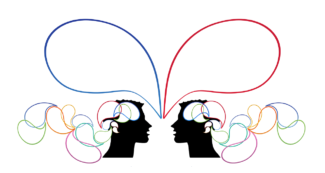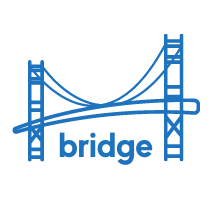Effective therapy helps individuals learn evidence-based strategies on how to actively improve certain aspects of their lives. But what do more advanced clients do to hone their late-stage therapy skills, after they have learned fundamentals but are not quite ready to leave therapy?
Evidence-based treatments focus on clients learning skills to approach their difficulties outside the therapist’s office, while therapists provide lots of empathy. For example, how can they use behaviors or cognitive strategies to effectively regulate difficult emotions? Or how do they effectively express their emotions or assert their needs with others when they feel angry or anxious?
As clients progress, they sometimes find that skills that gave them hope do not work in all situations. For instance, cognitive reappraisal skills from CBT may fall short in some contexts. They eventually learn to discern which situations require emotional acceptance or problem-solving instead of thought-challenging.
Therapy can reach a point where clients wonder which of their coping tools work best in which situations. Research finds this is an important question to ask. For instance, research finds that continued cognitive reappraisal is helpful when situations are uncontrollable. However, using it in place of problem-solving in controllable situations can negatively impact mental health.
Other research finds that individuals who can express a range of emotions in response to a range of situations show better mental health following stressful life events. This suggests that the old addage “never suppress” is not accurate. The ability to flexibly respond to a range of contexts, including suppressing emotions when appropriate, was beneficial. For example, when being sensitive others’ needs. Matching skills to particular context appears most effective.
So how do we help clients who have developed and benefitted, but are not yet ready to “graduate”? Late-stage therapy skills bring the opportunity to discuss what skills to use when. For example, when they actively trying to use problem-solving solutions to instrumentally change situations they can control. Or learning to use CBT skills or acceptance in other, unchangeable situations in order to benefit mood and behavior. Or understanding when it is helpful to hold back expressing certain emotions versus constructively expressing them.
Highly effective clinicians often draw on different evidence-based modalities to help clients with different challenges (there’s a great book on this!). For example, depression may develop for negative thoughts patterns, lack of meaning or reward, or both. In may ways, effective late-stage therapy skills help clients do the same: to call on the most fitting response to different moments.









